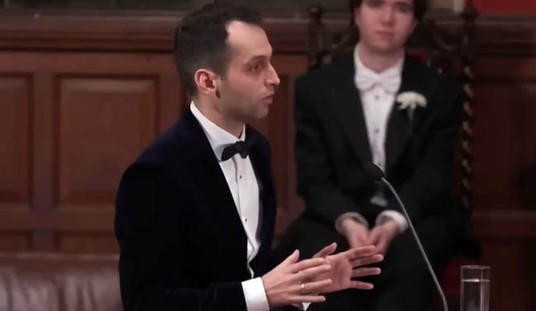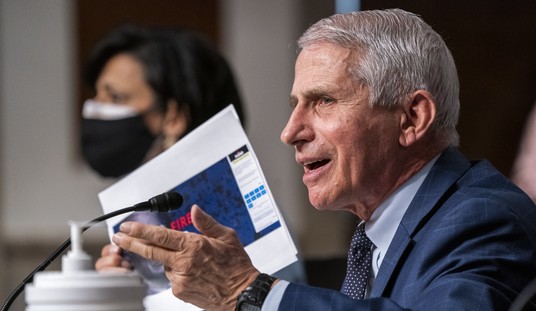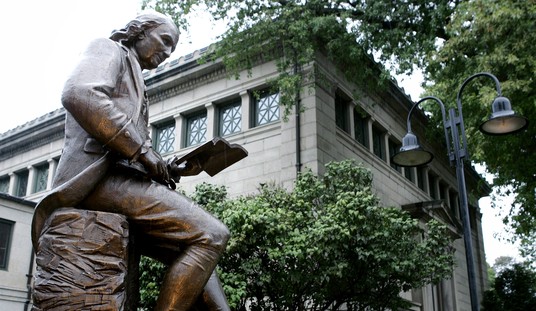One of the underlying assumptions about ObamaCare and health-care reform in general is that the private sector allowed costs to get out of control by not emphasizing preventive care, especially with the uninsured and underinsured. Barack Obama himself regularly touts the cost savings that would be realized if we just provided an effective battery of preventive tests and services that would delay or avoid expensive illnesses later in American lives. Unfortunately, the CBO analyzed this proposition, and in a letter to the ranking Republican on the House health subcommittee of the Energy and Commerce Committee, explodes that argument. My AIP column (delayed from last week) looks at the Obama canard and what it means for ObamaCare:
Responding to inquiries from Rep. Nathan Deal, the ranking Republican on the health-care subcommittee of the House Energy and Commerce Committee, Elmendorf said that increasing prevention programs would necessarily increase the costs of delivering health care, not decrease them as Obama and his allies have argued:
“In making its estimates of the budgetary effects of expanded governmental support for preventive care, CBO takes into account any estimated savings that would result from greater use of such care as well as the estimated costs of that additional care. Although different types of preventive care have different effects on spending, the evidence suggests that for most preventive services, expanded utilization leads to higher, not lower, medical spending overall.”
Why? President Obama’s underlying assumption for health-care reform is based on the proverb that “an ounce of prevention is worth a pound of cure.” That’s true – for those who eventually need the cure. However, as Elmendorf points out in his letter to Deal, not everyone develops preventable costly illnesses. …
That doesn’t make prevention less valuable, but it makes sense to target prevention rather than assume everyone will get the disease without it. When we have to assume that everyone may get every disease and run tests for everyone constantly for early detection, then the utilization of the system will rapidly increase – and so will the costs.
No one will argue with the value of preventive care. However, it only is a cost savings to those patients who don’t eventually develop a disease or who catch one early enough to use less costly treatments to cure it. Common sense tells us that a rapid increase in utilization will create cost increases, not decreases, and that the savings will only come in the long term — and as the CBO discovered, will not cover the cost increases.
Arguing that this effort will save money is dishonest. Unfortunately for Obama, that’s the only argument he has for fiscal responsibility and cost savings in Obamacare, or at least the only one that doesn’t involve heavy rationing of services.
Be sure to read the whole column, and visit Yid With Lid to get his thoughts on the Elmendorf letter. While you’re at AIP, catch up with AIP’s great stable of bloggers. John Hanlon looks at the environmental impact of Cash for Clunkers, Jimmy Bise notes that the ACLU has suddenly become very trustful of executive power, and Despina Karras says we don’t have death panels in ObamaCare yet, but it’s almost as bad.









Join the conversation as a VIP Member